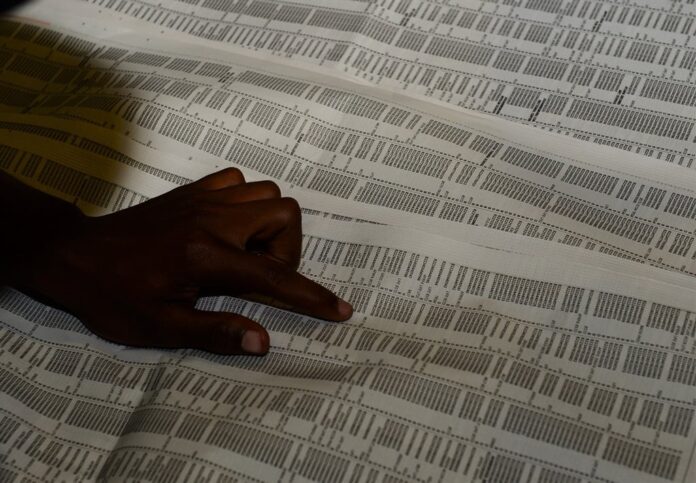The recent decision by South Africa's Information Regulator (IR) to ban the publication of matric results has ignited a fierce debate, with the lobby group AfriForum announcing plans to take legal action against the Department of Basic Education (DBE). This ban follows the IR's findings that the DBE violated the Protection of Personal Information Act (POPIA) by failing to obtain consent from learners or their guardians for the publication of the 2023 National Senior Certificate exam results.
The IR issued an enforcement notice on 4 November, stating that no legal justification existed for the DBE to continue publishing results in newspapers. The organisation directed that results for the 2024 matriculants must be made available through methods compliant with POPIA, such as secure SMS platforms or direct access from schools.
In response to the ban, AfriForum has mobilised its legal team to challenge the IR's directive. Alana Bailey, AfriForum's head of cultural affairs, emphasised the public interest in sharing these results. “To label it as a violation of individuals' right to privacy does not make sense, as only examination numbers appear in the media,” she argued, recalling a similar case in January 2022 where the courts ruled in favour of the publication of matric results after the DBE attempted to impose its own ban.
KwaZulu-Natal Parents Association Chairperson Vee Gani expressed frustration over the situation, questioning how publishing only student numbers could infringe on privacy. “The banning of publishing results in the media is not going to help anyone. I feel sorry for the kids. How are they going to get their results?” Gani said, calling for the government to provide a reasonable alternative for pupils to access their results quickly.
The IR reinforced the need for compliance, stating that the DBE must develop a system to obtain consent from parents or guardians before publishing results. The organisation made it clear that if the department fails to comply with the enforcement notice, it could face serious consequences, including fines or imprisonment for up to ten years.
Elijah Mhlanga, spokesperson for the DBE, confirmed that the department is still processing the matter internally. “At the right time, we will make our steps public,” he said, indicating that the department would respond to the enforcement notice in due course.
The IR has taken a firm stance on the issue, asserting its authority to monitor compliance with POPIA. Non-compliance can result in administrative penalties, and the IR has made it clear that the rights of learners and their guardians must be respected.
In a statement, the IR highlighted that the DBE must ensure that matric results are communicated in a manner that safeguards personal information. The enforcement notice also mandates the department to seek consent from parents and guardians of students writing the matric exams in 2025 prior to publishing their results.
The ongoing situation has stirred strong emotions among various stakeholders, and the potential legal battle could set a significant precedent for how educational results are handled in the future. With AfriForum prepared to challenge the ban, the outcome could affect not only this year's matriculants but also future students who rely on public platforms for their results.
Bailey reiterated AfriForum's commitment to ensuring that this year's matriculants receive their results through traditional media outlets, emphasising that the publication of results is a longstanding South African tradition akin to the much-anticipated matric dance. “We are determined to do everything in our power to ensure that this year's matriculants will also be able to get their results on media platforms as had been the custom in the past,” she stated.
As the controversy unfolds, parents, students, and educational institutions alike are keenly watching how the DBE and the IR will navigate the complexities of privacy law versus the public's right to information. The stakes are high, as the future of matric results publication hangs in the balance.
The IR’s spokesperson, Nomzamo Zondi, noted that the implications of non-compliance with the enforcement notice are serious. “If DBE fails to abide by the enforcement notice, they are guilty of an offence and will be liable upon conviction to a fine or imprisonment for a period not exceeding 10 years or to both a fine and imprisonment,” she warned.
As both sides prepare for what could be a landmark legal confrontation, the outcome will not only determine how the Class of 2024 receives their results but may also reshape how personal information is managed in educational contexts moving forward.











